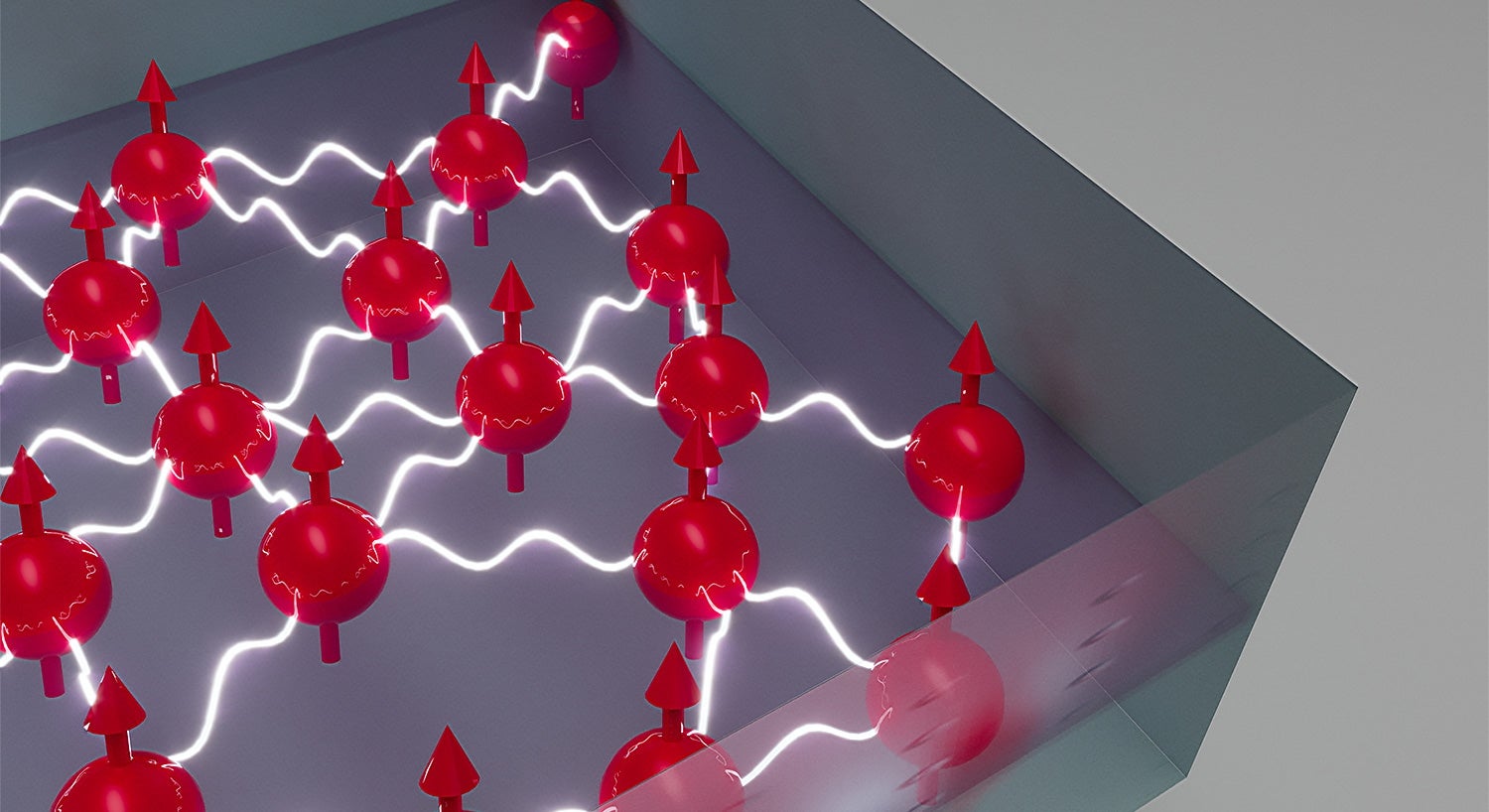
Dedication to the Field
In recognition of his exemplary research and outstanding service to the community, UC Santa Barbara Professor Francesco Bullo has joined the 2019 class of fellows of the Society for Industrial and Applied Mathematics (SIAM).
“It’s a great honor to be elected fellow of the Society for Industrial and Applied Mathematics,” he said. “It’s a great recognition by my peers of the work done by my research group over the years.”
Frederic Gibou, professor and chair of mechanical engineering, offered his congratulations to Bullo. “The department is proud that Professor Bullo has been honored with such a prestigious award,” he said. “It speaks highly of his achievements and of the caliber of the department.”
Bullo’s election to SIAM is one of several honors he has received. In 2017 he was named a fellow of the International Federation of Automatic Control, and in 2010 he was elected a fellow of the Institute of Electrical and Electronics Engineers (IEEE).
Bullo studies the dynamics of networked systems: individuals in a group, cars on a highway, or robots in a swarm, for example. These systems can become quite intricate, especially at the component level. However, the interaction between the individual agents creates emergent behaviors on the system-wide scale. Bullo studies these emergent properties rather than trying to analyze the behavior of each component.
“There is an important scientific trend toward trying to explain both natural and engineering phenomena based on the structure of the network interconnecting the individual systems,” Bullo said.
Concepts in network engineering arise in diverse systems across a wide variety of fields, lending a multidisciplinary flavor to Bullo’s research. Currently, his group is collaborating with Noah Friedkin, a professor of sociology, and Ambuj Singh, a professor of computer science, on understanding how groups of people form opinions and work toward a consensus. He also tackles projects related to preparing the electrical grid for the increasing number of decentralized, renewable power sources. The move toward dispersed electricity production will affect how we set up and manage the power grid, Bullo explained. A systems-engineering perspective will help ensure that it remains reliable, efficient and scalable.
“I’ve had the great luck of working at such a supportive institution here, in terms of the staff, colleagues and very importantly, the students,” said Bullo. “The students I was lucky enough to have in my group have all contributed substantially to the intellectual content of my research. And it’s in great part thanks to their work that I’m receiving this distinction.”
Bullo did not start out with a love for network science. “I was not impressed by the first few examples of problems that I encountered in this area,” he said. Take, for example, diffuse averaging dynamics, which can describe processes like individuals in a group modifying their opinions to reach consensus. “The first time I read about this averaging process I overlooked its importance," he recalled. “And 15 years later, it’s chapter 1 of the book I’ve written.”
Bullo is also a leading proponent of non-profit and open access publishing. He released a textbook last year, “Lectures on Network Systems,” which he published via Amazon to reduce the costs for students. He served as president of the IEEE’s Control Systems Society in 2018, where he spearheaded efforts to develop high-quality, non-profit publishing options for research in his field. Maintaining a well-run publication costs money, but Bullo believes it is possible to accomplish this in a non-profit manner. As an example, he points to the preeminent journal, Science, which is produced by the American Association for the Advancement of Science, a non-profit organization.
Although a man of numerous insights, interests and accolades, Bullo feels most proud of his success as a teacher and mentor. “As researchers, we are judged predominantly by our published work,” he said. “And that of course is critical. But, at the end of the day, publications for me are a means to an end, and the end is to train top-notch scientists and engineers.”



